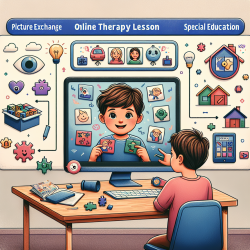As practitioners committed to improving the lives of children with special needs, it is crucial to understand the multifaceted challenges faced by migrant children in accessing education and healthcare. A recent study titled Navigating Stigma and Discrimination: Experiences of Migrant Children with Special Needs and Their Families in Accessing Education and Healthcare in Hong Kong provides valuable insights into these challenges and offers recommendations for better support.
The study highlights that South Asian migrant children with special needs in Hong Kong experience intersecting stigmatization that includes:
- Institutional exclusion
- Daily life microaggressions
- Misunderstandings and a lack of awareness education
However, some families also find empowerment through support and accommodation, as well as spiritual support from religion. Here are key takeaways and recommendations from the research that practitioners can implement to improve outcomes for these children:
1. Addressing Institutional Exclusion
The lack of subsidized English Medium Instruction (EMI) special schools and inadequate provision of EMI screening and training are significant barriers. Practitioners should advocate for more inclusive policies and support services that cater to the linguistic needs of South Asian children.
2. Reducing Daily Life Microaggressions
Children and their families often face subtle verbal or behavioral insults. Practitioners can help by providing cultural sensitivity training to staff and creating a more inclusive environment in schools and healthcare settings.
3. Enhancing Community Awareness
Misunderstandings and stigma within the South Asian communities often result from a lack of awareness. Community education programs can play a vital role in dispelling myths and promoting understanding about special needs.
4. Providing Support and Accommodation
Support from family members and professionals can significantly impact the well-being of children with special needs. Practitioners should work to create robust support networks and provide clear, accessible information to families.
5. Leveraging Spiritual Support
Religion can be a source of strength for many families. Practitioners should recognize and respect this aspect, incorporating it into their support strategies when appropriate.
By implementing these recommendations, practitioners can help reduce the stigma and discrimination faced by migrant children with special needs, ultimately leading to better educational and healthcare outcomes. To read the original research paper, please follow this link: Navigating Stigma and Discrimination: Experiences of Migrant Children with Special Needs and Their Families in Accessing Education and Healthcare in Hong Kong.










